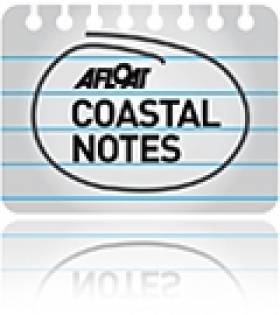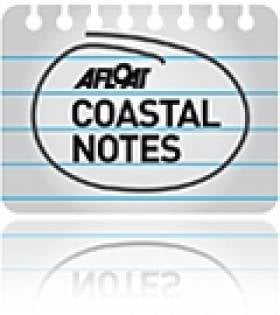Displaying items by tag: noise
Details Sought on Noise Levels Over Proposed Larne Lough Gas Plant
#LARNE LOUGH - Larne Council has looked into the concerns of local residents over a proposed £250 million (€300 million) natural gas plant at Larne Lough, the Larne Times reports.
Islandmagee Storage Limited (IMSL) has applied for planning permission for a 500 million cubic metre natural gas storage facility in Permian salt beds almost a mile beneath the lough, which is claimed would satisfy the North's peak demand for gas for over 60 days.
But locals have spoken out with their fears over noise levels, health and safety, pollution and the potential effect on tourism in the area.
Larne Council’s environmental health department carried out its own research into the proposed facility, taking these concerns into consideration.
It found that there was "no huge issue in terms of noise levels" where similar facilities are established throughout the UK and that the effect on tourism would be negligable.
However the department was “not yet happy” with data supplied by IMSL regarding noise levels and would be seeking more detailed information.
The Larne Times has more on the story HERE.
Dolphin Group Comments on Dalkey Island Prospect
#DALKEY ISLAND PROSPECT - The Irish Whale and Dolphin Group (IWDG) has joined the chorus of opposition to the proposed oil and gas exploration off Dalkey Island in Co Dublin.
As previously reported on Afloat.ie, Providence Resources has applied for a foreshore licence to search for oil or gas about 6km out to sea on the Kish Bank Basin.
But the prospect has provoked a split in the local community over the potential risks and benefits, with many calling for a public enquiry into the licence before it is granted.
This evening an urgent meeting in Dun Laoghaire will address the public's concerns, which have been echoed by the IWDG.
"The Kish Bank and adjacent waters are important for cetaceans," said the group in a statement. "In addition, sightings of bottlenose dolphins have increased dramatically in the area following the presence of a group of three individuals since August 2010."
The IWDG is concerned about the potential effects on dolphins and porpoises that "could due to noise generated from the drilling process", noting that "there is little published data on the intensity and effects of sound generated by drilling".
Protest group Protect Our Coast has launched a online petition against the Dalkey Island Prospect citing concerns over the proximity of the drilling area to the mainland as well as the Special Protection Area of Dalkey Island, which is a haven for marine wildlife.
- Irish Whale and Dolphin Group
- IWDG
- Dalkey Island Prospect
- Coastal Notes
- Dalkey Island
- Dublin
- oil and gas
- exploration
- drilling
- Providence Resources
- foreshore licence
- Kish Bank Basin
- community
- Dun Laoghaire
- bottlenose dolphins
- Porpoises
- Cetaceans
- noise
- sound
- Protect Our Coast
- protest
- petition
- Special Protection Area
- marine wildlife






























































